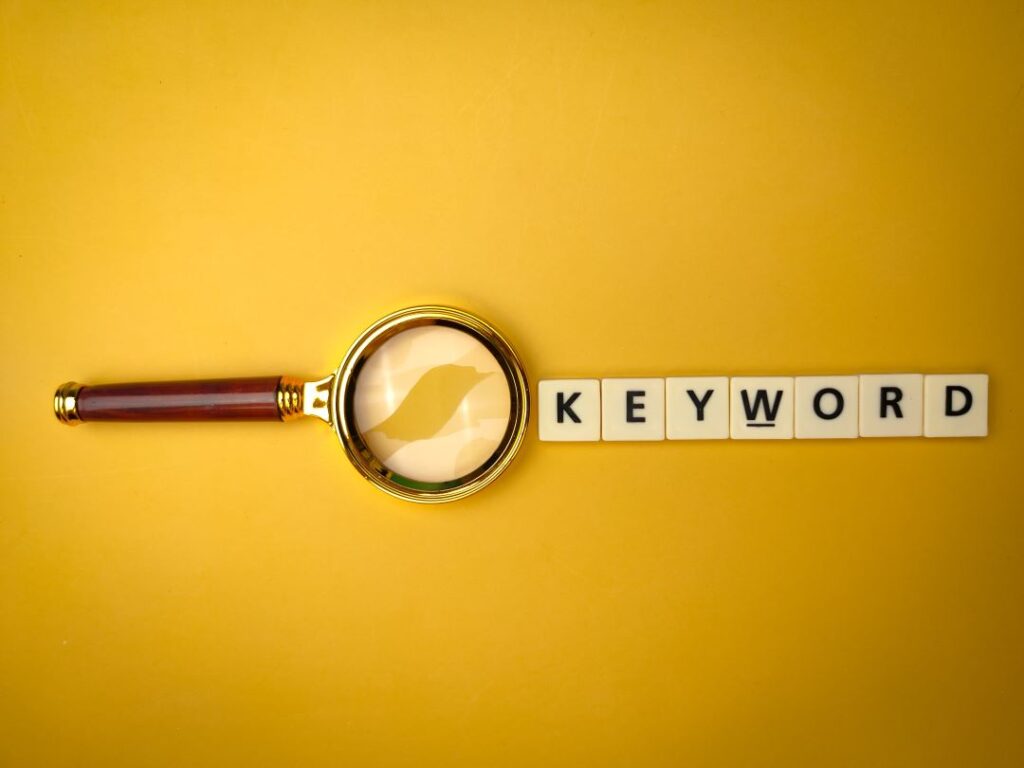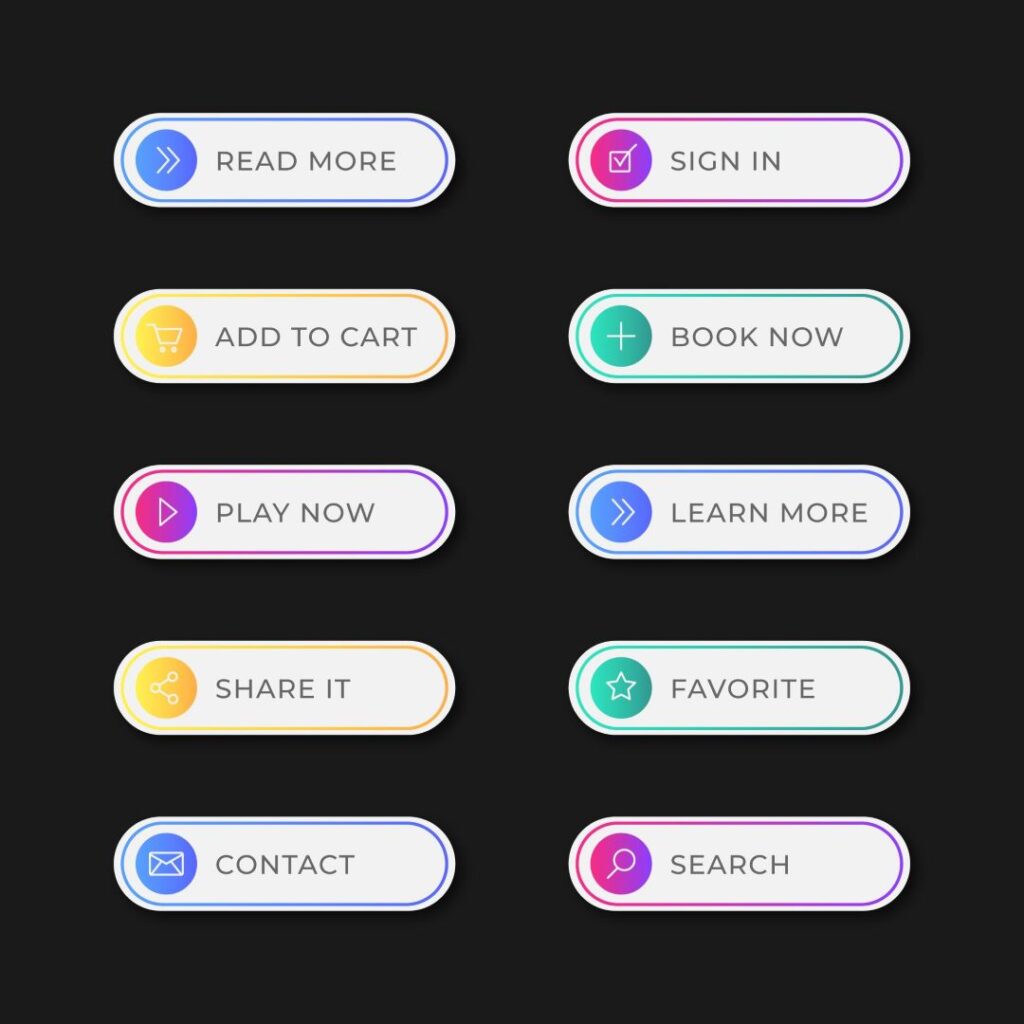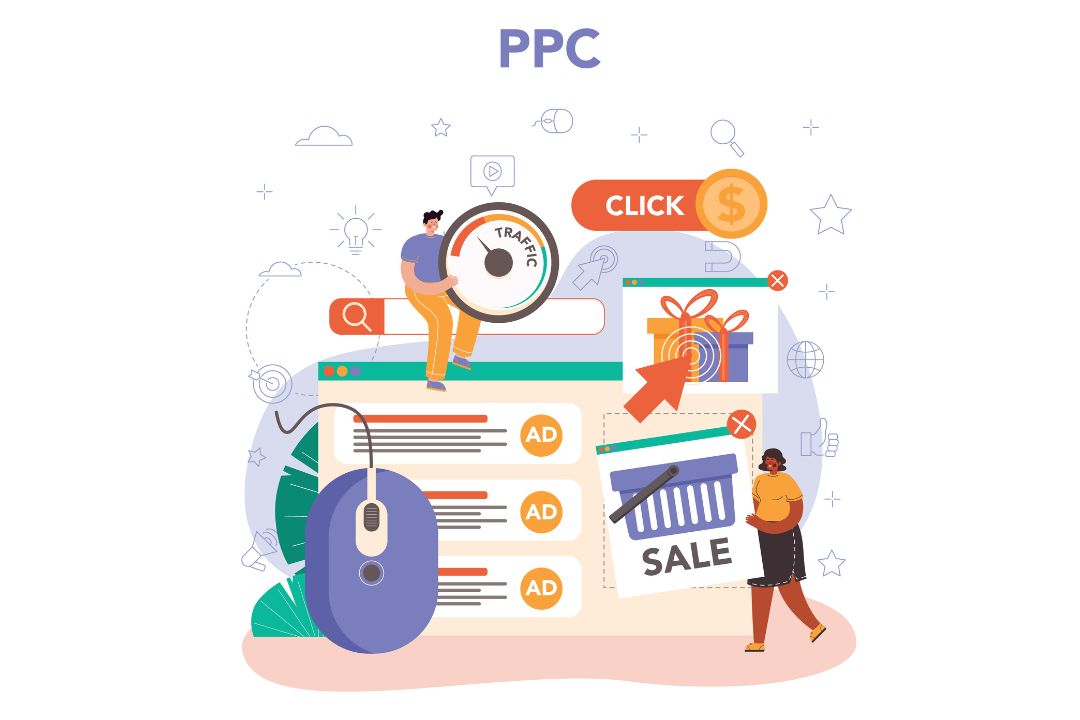Table of Contents
Hey there! If you’re running a business and investing in digital marketing, you’ve probably heard a lot about PPC advertising. But with so many strategies out there, it can be tough to figure out which ones actually work, right? Don’t worry – I’ve got you covered.
At Wonkrew, we’ve seen firsthand how powerful PPC campaigns can be when done right. But here’s the thing – it’s not just about running ads and hoping for the best. You need to be smart about it, focusing on strategies that will give you the most bang for your buck. That’s where understanding ROI (Return on Investment) comes in.
In this blog, I’ll walk you through some of the most effective PPC strategies that can help you boost your ROI. I’ll keep it simple and straightforward, so whether you’re just starting out or looking to fine-tune your current campaigns, you’ll find something useful.
What is ROI in Marketing?
ROI (Return on Investment) in marketing measures how much return you get for every dollar (or rupee) you invest in advertising. For example, if you spend ₹10,000 on a PPC campaign and generate ₹40,000 in sales, you’ve achieved a 4:1 ROI. The key goal of PPC advertising is to improve this ratio, ensuring you get maximum returns for the amount you’re spending.
In PPC advertising, your ROI is influenced by various factors, including your ad copy, targeting, and landing page optimisation. Now, let’s take a look at the strategies that can help you boost your ROI in digital marketing.
Here are a few Effective PPC Advertising Strategies to Boost Your ROI
Remarketing: Stay Top-of-Mind
Remarketing is a highly effective PPC strategy, allowing you to reconnect with users who have already interacted with your website but didn’t convert. By showing ads to people who have visited your site, you can increase your chances of driving conversions. Remarketing ads boast an impressive 1,046% efficiency rate, making them a must-have in your PPC toolkit.
This strategy works especially well because it targets users who are already familiar with your brand, which can significantly increase the likelihood of a purchase.
| Takeaway Box: |
|---|
| Remarketing ads can boost conversion rates by 1046%. If you’re not using remarketing, you’re missing a major opportunity to engage warm leads. Source: HubSpot |
Focus on Your Quality Score
Your quality score is directly linked to the success of your PPC campaigns. This score, determined by Google, measures the relevance and quality of your ads and keywords. Higher quality scores result in lower cost-per-click (CPC) and lower cost-per-conversion, making your campaigns more efficient.
To improve your quality score, focus on relevant keywords, compelling ad copy, and landing pages that are aligned with the user’s search intent. A higher quality score leads to better ad positioning and reduced costs, which in turn boosts your ROI.
| Takeaway Box: |
|---|
| Improving your quality score by 1 point can reduce your cost-per-click by up to 16%. A higher score means more efficient spending! Source: Google Ads Help |
Conduct Thorough Keyword Research
Keyword research is the backbone of any PPC campaign. Without the right keywords, your ads won’t reach the right audience. Effective keyword research allows you to target terms that your potential customers are actively searching for.
One useful approach is to use auto campaigns (like those in Google Ads or Amazon) to identify additional keywords that you may not have considered. This can help you find new opportunities and optimise your PPC campaigns further.
Organise Keywords into Relevant Groups
Keyword grouping plays a key role in the success of your PPC campaigns. By organising your keywords into specific, relevant groups, you can create more targeted ads. This improves your click-through rate (CTR) and conversion rate and ultimately helps your ads rank higher in search engines.
For example, if you’re running ads for different types of products or services, you should group the keywords for each into tightly themed ad groups. This ensures that your ads are more specific and relevant to users’ searches, leading to better campaign performance.

Optimise Your Landing Pages
A well-designed landing page can make or break your PPC campaigns. If your landing page is not optimised, visitors may leave without taking any action, resulting in wasted ad spend. On the other hand, a well-optimized landing page can generate high volumes of conversions at a great conversion rate.
Make sure your landing pages match the promise made in your ad copy. The page should be fast-loading, mobile-friendly, and user-friendly. Clear headlines, engaging visuals, and strong call-to-actions (CTAs) are essential to encourage users to convert. When landing pages are designed for conversions, you’ll see an instant boost in your ROI in PPC campaigns.
Utilise Negative Keywords
One of the most underrated PPC strategies is the use of negative keywords. These are the terms for which you don’t want your ads to show. For instance, if you’re selling high-end products, you may want to exclude keywords like “cheap” or “free.”
Negative keywords help ensure your ads are only shown to the right audience—those who are more likely to convert. This minimises wasted clicks and helps you focus on users who are genuinely interested, further enhancing your ROI.
| Takeaway Box: |
|---|
| Using negative keywords can increase your CTR by 14% on average, ensuring your ads only appear for the right audience. Source: Search Engine Journal |
Write Compelling Ad Copy
Your ad copy is the first interaction a user has with your brand, so it needs to be attention-grabbing and persuasive. Compelling ad copy can improve your click-through rate (CTR), which in turn boosts your quality score and reduces costs.
To write effective ads, focus on highlighting the benefits of your product or service and use clear, actionable language. Make sure your ads resonate with your audience, addressing their pain points and offering solutions.
Prioritize Fast Loading Times
Page speed is critical to both your user experience and your SEO rankings. Slow-loading pages can frustrate visitors, causing them to leave your site quickly, which leads to a higher bounce rate. To keep potential customers on your site and moving toward conversion, ensure that your landing pages load within 2-3 seconds.
A fast, smooth user experience improves your conversion rate, directly impacting your PPC campaign’s effectiveness and helping you achieve better ROI.
| Takeaway Box: |
|---|
| 53% of mobile users will leave a site that takes more than 3 seconds to load. Don’t let slow pages kill your conversions. Source: Google Analytics |
Ensure Mobile-Friendliness
With more than half of web traffic coming from mobile devices, ensuring your landing pages are mobile-friendly is essential. Your site should provide a seamless experience on both desktop and mobile platforms. This means having easy navigation, quick load times, and properly displayed content regardless of the device being used.
If your mobile users can’t easily navigate your site, they’re less likely to convert, impacting your ROI negatively. Always test your landing pages across devices to make sure they’re fully optimised for mobile users.
Provide Relevant Content
There’s nothing more frustrating for a user than clicking on an ad and landing on a page that doesn’t match their expectations. That’s why your landing page content should align with the promises made in your ads. If your ad promotes a discount or offer, ensure that it’s clearly visible on the landing page.
By matching ad copy with landing page content, you maintain user trust and encourage higher conversion rates, which ultimately leads to improved ROI.
Use Clear CTAs
Your call-to-action (CTA) is one of the most important elements on your landing page. A clear and strong CTA tells visitors what action to take next, whether it’s “Sign Up,” “Buy Now,” or “Get Started Today.” Avoid vague CTAs like “Click Here,” as they don’t give users a clear idea of what to expect.
Clear CTAs guide users through the conversion process, making it easier for them to take the desired action, which in turn increases your conversion rates and boosts ROI.

Conclusion
To succeed in PPC advertising, it’s essential to have a solid strategy in place. By focusing on remarketing, quality score, keyword research, landing page optimisation, and using techniques like negative keywords and compelling ad copy, you can improve the performance of your campaigns and maximise your ROI in digital marketing.
At Wonkrew, we specialise in PPC campaign optimisation techniques to drive results that matter. Whether you’re new to PPC or looking to refine your current strategies, we can help you enhance your marketing efficiency with PPC and get the most out of every dollar spent. Just contact us for PPC ads service.
Frequently Asked Questions (FAQs)
What is ROI in PPC Marketing?
ROI (Return on Investment) in PPC marketing measures how much revenue you generate compared to what you spend on your PPC campaigns. It’s the key metric to understand whether your ads are generating profit. At Wonkrew, we specialise in boosting ROI by optimising PPC campaigns for maximum returns.
What are the Most Effective Strategies for Improving PPC Advertising ROI?
The most effective strategies to boost PPC advertising ROI include keyword research, quality ad copy, remarketing, and landing page optimisation. Remarketing alone can drastically increase conversions. At Wonkrew, we tailor these strategies to fit your business goals.
How Can I Effectively Choose Keywords for My PPC Campaigns?
Choosing the right keywords involves keyword research tools like Google Keyword Planner, focusing on high-intent and long-tail keywords. Don’t forget to use negative keywords to filter out irrelevant traffic. Wonkrew can help you pick the most effective keywords to maximise your ad performance.
How Can A/B Testing Improve My PPC Campaigns?
A/B testing involves running two variations of an ad to see which one performs better. It helps improve click-through rates (CTR) and overall ROI by refining ad copy, images, or calls-to-action. Wonkrew runs A/B tests regularly to ensure your PPC campaigns are always optimised for success.
What is the Significance of Landing Page Optimization in PPC Advertising?
Landing page optimisation is crucial because a well-designed, fast-loading page can significantly boost your conversion rate. If your landing page doesn’t match the promise of your ad, visitors may leave without converting. Wonkrew ensures your landing pages are optimised for higher ROI.
What are the Most Common Mistakes to Avoid in PPC Advertising?
Common mistakes in PPC advertising include poor keyword selection, ignoring negative keywords, low-quality ad copy, and failing to optimise landing pages. Another big mistake is not tracking ROI properly. At WonKrew, we avoid these pitfalls by offering a data-driven approach to PPC optimisation.

